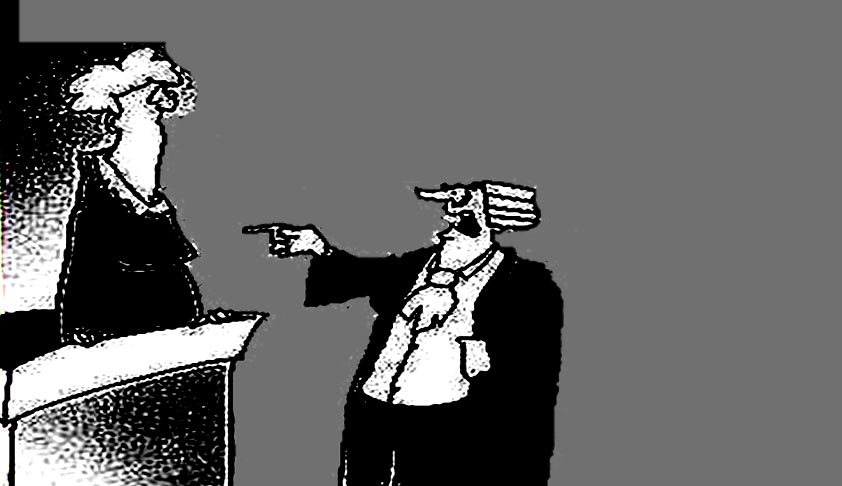'The public prosecutor cannot act like the post office on behalf of the State Government', Supreme Court
LIVELAW NEWS NETWORK
3 Aug 2014 2:19 PM IST

Next Story
3 Aug 2014 2:19 PM IST
The Supreme Court, with regard to withdrawal of prosecution under Section 321 Cr.PC reiterated the law laid by the Court and held that the public prosecutor cannot act like the post office on behalf of the State Government. He is required to act in good faith, peruse the materials on record and form an independent opinion that the withdrawal of the case would really subserve the...
